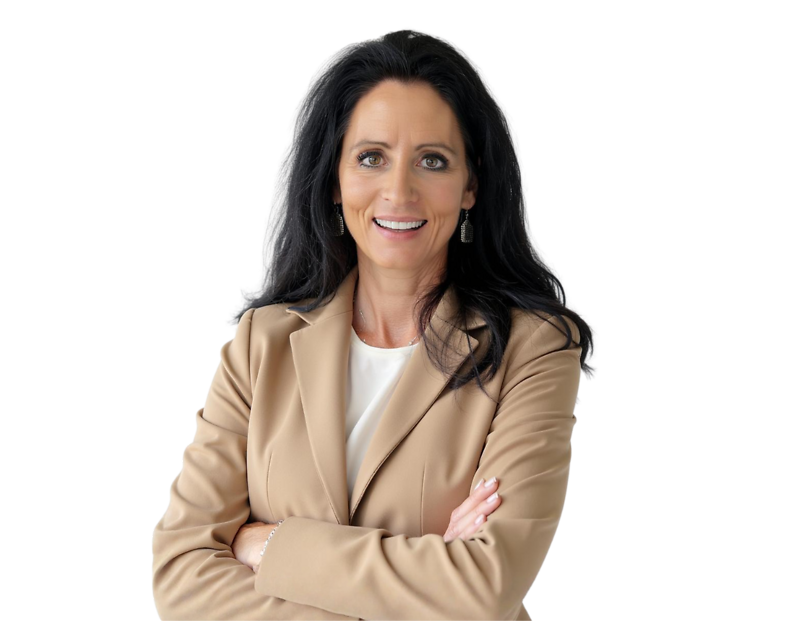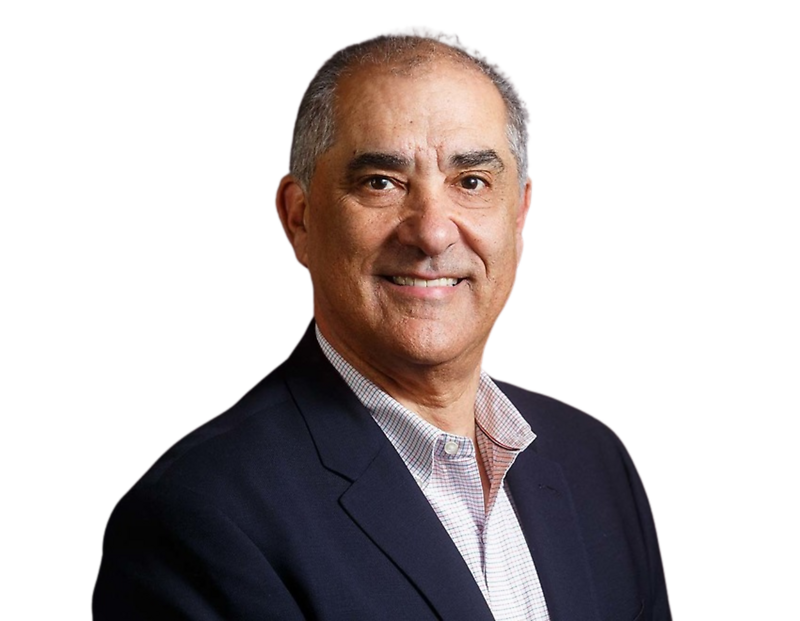May is Mental Health Awareness Month. This annual campaign aims to raise awareness for mental illnesses and break the stigma associated with mental health issues. According to the National Alliance on Mental Illness, 1 in 5 Americans will be affected by a mental illness in their lifetime, and every American is affected through friends and family who have mental illnesses.
Thus, it is likely that one of us has a mental illness of some kind, and a sure thing that we know someone with a mental illness.
Many professionals deal with depression. We work in fast-paced, highly demanding environments that can take a toll on our mental health. According to the Dave Nee Foundation, lawyers in the United States are the occupational group with the highest incidence of depression and fifth in suicides. Further, chronic stress can trigger the onset of clinical depression.
Those are some startling statistics! But what does this have to do with women specifically? According to NAMI, women are prone to certain mental health conditions:
- Premenstrual Dysphoric Disorder (a severe form of PMS)
- Perinatal Depression (depression during or after pregnancy)
- Perimenopausal Depression (depression during menopause)
 A 2014 study on depression in professional women found that women in positions of authority have more depressive symptoms than men in positions of authority (although apparently female lawyers are less depressed than male lawyers). According to the linked article, this can be attributed to women’s traditional assumption of most of the domestic responsibilities, as well as pay inequity, and the scarcity of other women at top levels. The article recommends that professional women
A 2014 study on depression in professional women found that women in positions of authority have more depressive symptoms than men in positions of authority (although apparently female lawyers are less depressed than male lawyers). According to the linked article, this can be attributed to women’s traditional assumption of most of the domestic responsibilities, as well as pay inequity, and the scarcity of other women at top levels. The article recommends that professional women
- Choose a family-friendly employer
- Find like-minded women and create a network
- Don’t strive for perfection
 Notably, female professionals do not own the market on depression and mental health disorders. Male professionals have their own struggles. A recent American Bar Association article on depression in attorneys cited a study by National Institute for Safety and Health which found that male lawyers age 20 to 64 are more than twice as likely to die from suicide than are men the same age in a different occupation. A study done in 2016 by the Journal of Addiction Medicine shows that male attorneys are also susceptible to problem drinking. The rate of drinking problems among all attorneys is three times that of the general population, as 1 in 5 attorneys are problem drinkers. In a survey done on 12,000 lawyers, 25 percent of the male lawyers tested positive for hazardous and potentially alcohol-dependent drinking. According to the study, men under age 30 are most at-risk.
Notably, female professionals do not own the market on depression and mental health disorders. Male professionals have their own struggles. A recent American Bar Association article on depression in attorneys cited a study by National Institute for Safety and Health which found that male lawyers age 20 to 64 are more than twice as likely to die from suicide than are men the same age in a different occupation. A study done in 2016 by the Journal of Addiction Medicine shows that male attorneys are also susceptible to problem drinking. The rate of drinking problems among all attorneys is three times that of the general population, as 1 in 5 attorneys are problem drinkers. In a survey done on 12,000 lawyers, 25 percent of the male lawyers tested positive for hazardous and potentially alcohol-dependent drinking. According to the study, men under age 30 are most at-risk.
Interestingly, the study shows that female attorneys have even higher rates of alcohol abuse than male attorneys (which is the reverse of the general population). So, although female attorneys may be less susceptible to depression than male attorneys, they turn to alcohol more than men.
From an employer’s standpoint, taking care of employees’ mental health can increase productivity and job satisfaction. Employers should review their wellness programs and assess (and, if necessary, beef up) their coverage for mental health issues and include an employee assistance program, or EAP, to provide employees with confidential referrals to mental health professionals.
 It is clear that male and female professionals (especially lawyers) have high-pressure, high conflict jobs that can take a mental and emotional toll, and everyone has different methods for reducing their stressors. The key is to find healthy stress outlets and methods for avoiding or dealing with depression.
It is clear that male and female professionals (especially lawyers) have high-pressure, high conflict jobs that can take a mental and emotional toll, and everyone has different methods for reducing their stressors. The key is to find healthy stress outlets and methods for avoiding or dealing with depression.
Other recommendations for maintaining mental health or helping with depressive symptoms include:
- Regular exercise
- Meditation and breathing techniques
- Making time to do something you enjoy or just for you
- Set small, achievable goals
- Make small, positive changes to your diet including increases to folic acid and omega-3 fatty acids
- Get enough, or at least more sleep
- Challenge negative thoughts and practice positive ones
- Avoid withdrawal from friends and activities
- Find something to make you laugh
- Participate in your insurer's Wellness Program
- Reach out to your insurer's Employee Assistance program
- Honestly talk to your doctor
Obviously, for a lot of professionals following the above advice is easier said than done. But nobody has to go it alone. There is no shame in asking for help.
Mental Health Month is a good time for all of us to ask ourselves whether we are doing all right and to seek help if we need it. If your employer doesn’t have a hotline or EAP, please try the following contact information below if you are in need of help of any kind:
NAMI Helpline 800-950-NAMI 
M-F, 10 AM - 6 PM ET
Text “NAMI” to 741741
Mental Health America Helpline
1-800-273-TALK (8255)
24 hours Text “MHA” to 741741
Image Credits: From Google Images, Creative Commons license: Green Ribbon; Blue Woman from Pixabay; Unhappy man from Max Pixel; Mental Health Cloud from Pixabay; Suicide Prevention Hotline from Lifelinelogo.svg-Wikipedia
Also on Sharpen Your FOCUS: Perspectives on Workplace Diversity
Sharpen Your FOCUS offers timely insights into the legal and practical dimensions of DEI, accessibility, and belonging in the workplace. Drawing from both employer and employee perspectives, we explore emerging topics, shifting legal interpretations, and the real-world impact of inclusive leadership. Thanks for joining the conversation.


















